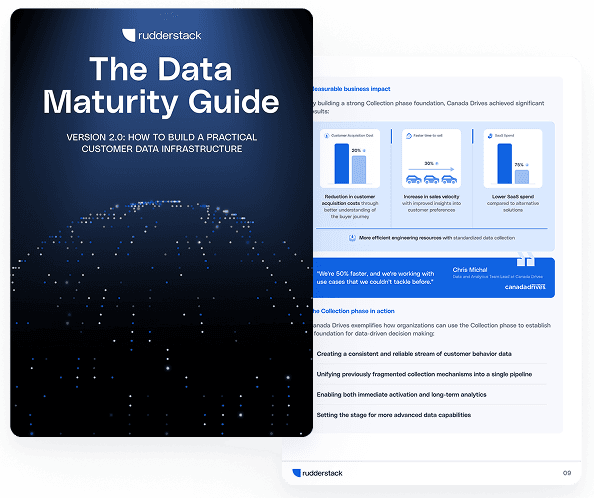Data Engineering: Perception vs. Reality

Most organizations today have their data stored in a variety of formats and across numerous platforms. Data engineers are the ones who build ETL pipelines to transform this data into a format usable for data scientists. They are the unsung heroes that often go unnoticed behind the beautiful visualizations and machine learning outcomes from data scientists.
Many don't exactly understand what data engineering is or what a data engineer does and have surrounded it with some common misapprehensions. This post highlights a few myths related to data engineering (or data engineers) and talks more about their contribution to the business teams.
Understanding the Data Engineering role
Data engineering is more closely related to software engineering than it is to data science. Did we just burst the bubble you were in? There's more. Let's have a look at the common perceptions, and let's bust them!
Data Engineering is a 'Classic IT Role'
Data engineering is not about controlling costs, pulling ethernet cables, or resetting passwords. It has rather turned into a modern DevOps role that brings together data science, operations, and coding. Data engineers build data monitoring infrastructure to give visibility into the pipeline's status, run maintenance routines regularly, tune table schemas, develop custom data infrastructure that is not available off the shelf. They’re also responsible for building and maintaining the CI/CD pipeline that runs the data infrastructure. Earlier, data teams had extremely poor Version Control Systems, environment management, and testing infrastructure, which is now streamlined and maintained by the data engineers.
Modern SaaS Tools Mean Data Engineers Will be Out of Their Jobs
Although with the new self-service SaaS tools, data engineers might have taken the back seat, however, they are still a critical part of the data team. With the new SaaS tools, their tasks have grown more advanced, and they now focus on core data infrastructure, performance optimization, building custom data ingestion pipelines, and overall pipeline orchestration.
While most of the core infrastructure is readily available off-the-shelf, today, you still need someone who monitors it to make sure it's performing well. If you are a company that loves to go beyond the existing tooling, you need data engineers! They also monitor the tools for you.
Data Engineering is a Marketing/Sales Role and Not Real Engineering
Data engineering allows companies to manage connections to their marketing data sources and configure the rapid analysis data. Many marketing analytics tools will help you gather results from Google Ads, Facebook, or other sources and feed them into your dashboard. However, the software is in some ways limited to the fields you fill out. There's always one source that you cannot connect to directly using this software, e.g., the media buying platform information. Data engineers can find other ways to get the necessary data into your analytics tool, whether that's through a direct upload or an automated process involving email or FTP.
Also, marketing data is critical, and a single API can behave differently, or software platforms like Facebook can change the way they collect digital data overnight. It is the data engineer that can quickly put things back on track.
Only People With Advanced Degrees Can do Data Engineering
Data Engineers have to migrate data from their sources and transform it, which requires aggregating the data and running statistical methods to derive higher insights. No university course can tell you how to get analytics data into Salesforce. Most successful data engineers learn on the job.
While education holds a special place, you learn many things when operating in the real world with real customers. Those who have a software background or some experience in operations or systems can smoothly transition to data engineering. Also, DevOps and site reliability engineers possess skills that easily overlap with data engineering responsibilities. It's true that data engineering requires being a strong programming background or should possess critical skills and knowledge of different technologies like SQL, Python, R, etc., and should also know about the ETL methodologies and practices. However, it all boils down to their love for data and finding data patterns or the willingness to build complex systems and workflows.
Conclusion
Data Engineering is a complex skill set requiring real-world experience to excel. While there’s no single path to becoming a data engineer, you will need to have a strong software engineering background and learn data storage practices. You also need to understand statistical analysis, machine learning, and database architectures.
The data engineering role has gone from building the infrastructure to supporting the entire data team and thus holds a very important place. Let's hope that in the coming years - 2021 and 2022 -we see more boot camps and other new programs that will help new engineers grow into the data engineering role.
Sign up for Free and Start Sending Data
Test out our event stream, ELT, and reverse-ETL pipelines. Use our HTTP source to send data in less than 5 minutes, or install one of our 12 SDKs in your website or app. Get started.
Published:
March 2, 2021








